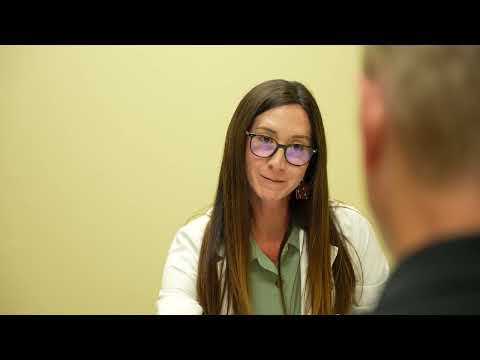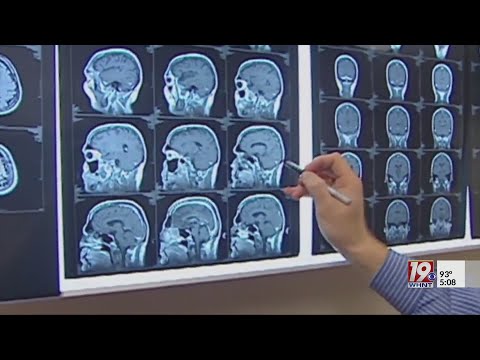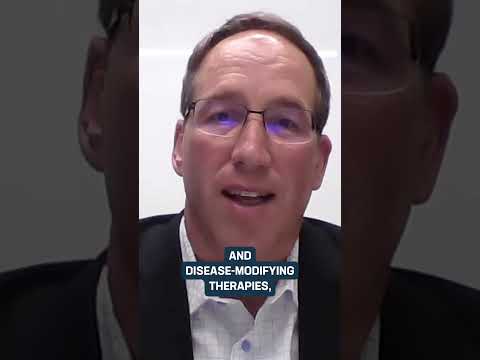The Daily Dose provides microlearning history documentaries like this one delivered to your inbox daily: https://dailydosedocumentary.com
Teachers, check out our entire film catalog organized by curriculum and category here: https://www.platospeach.com/catalog/ or as a spreadsheet here: bit.ly/dailydosedocumentary
We strive for accuracy and unbiased fairness, but if you spot something that doesn’t look right please submit a correction suggestion here: https://forms.gle/UtRUTvgMK3HZsyDJA
Learn more: https://dailydosedocumentary.com/advances-in-anti-aging
Subscribe for daily emails: https://subscribe.dailydosenow.com/
Become a Patron: https://patreon.com/dailydosenow
Follow us on social media:
Twitter: https://twitter.com/TheDailyDose18
Facebook: https://www.facebook.com/thedailydosenow
Click to subscribe on YouTube: https://www.youtube.com/c/DailyDoseDocumentary?sub_confirmation=1
#documentary #history #biography
Today’s Daily Dose short science, medicine & disease film covers recent and quite breathtaking breakthroughs in longevity research, thanks to advances in molecular biology, gene editing and regenerative medicine. The filmmaker has included the original voice over script to further assist your understanding:
Today on The Daily Dose, Advances in Anti-Aging.
Driven by stunning breakthroughs in molecular biology, regenerative medicine and gene editing techniques such as CRISPR-CAS9, longevity researchers are closing in on processes capable of extending human lifespans, not just in total years of life, but in the quality of each year lived. According to anti-aging physician, Peter Attia, western medicine today practices what he calls Medicine 2.0, where doctors treat the four horsemen of aging—dementia, Type 2 diabetes, heart disease and cancer—only when a patient presents with each conditions, while Medicine 3.0 practiced by a new generation of longevity physicians and researchers focuses on rooting out the causes of disease and aging, decades before symptoms present.
One important area of longevity research is the study of cellular senescence, which occurs when a cell can no longer divide or replicate its DNA—a result which causes inflammation and ultimately aging in the human body. Longevity researchers, such as David Sinclair’s lab at Harvard Medical School have studied molecules that appear to reduce cellular senescence, while boosting the anti-aging implications of sirtuin proteins in yeast and mice, leading to notable increases in lifespan, using such readily available compounds as Metformin, Rapamycin, resveratrol and nicotinamide mononucleotide or NMN. Still other researchers are studying life extending behaviors such as caloric restricted diets, exercise and prolonged exposure to cold temperatures.
Considered markers of biologic aging, scientists are also studying the protective caps at the ends of chromosomes known as telomeres, which shorter with each division, leading researchers to develop new techniques for lengthening telomeres, potentially reversing cellular aging and extending human lifespans. Advances in regenerative medicine also show promise for combating aging, including stem cell therapies that rejuvenate aging tissues and organs by replacing damaged cells with healthy ones. Although the FDA has severely restricted the use of placental stem cells in regenerative medicine, researchers are exploring the use of adipose and pluripotent stem cells derived from adult cells for their potential anti-aging benefit, making advances in longevity research, a promising leap forward in man’s understanding of human aging.
And there you have it, advances in anti-aging, today on The Daily Dose.














![Controversial Science Topics: Sparking Debate and Driving Innovation! [Video]](https://neurosupportgiving.com/wp-content/uploads/2024/04/mp_156678_0_0jpg.jpg)



